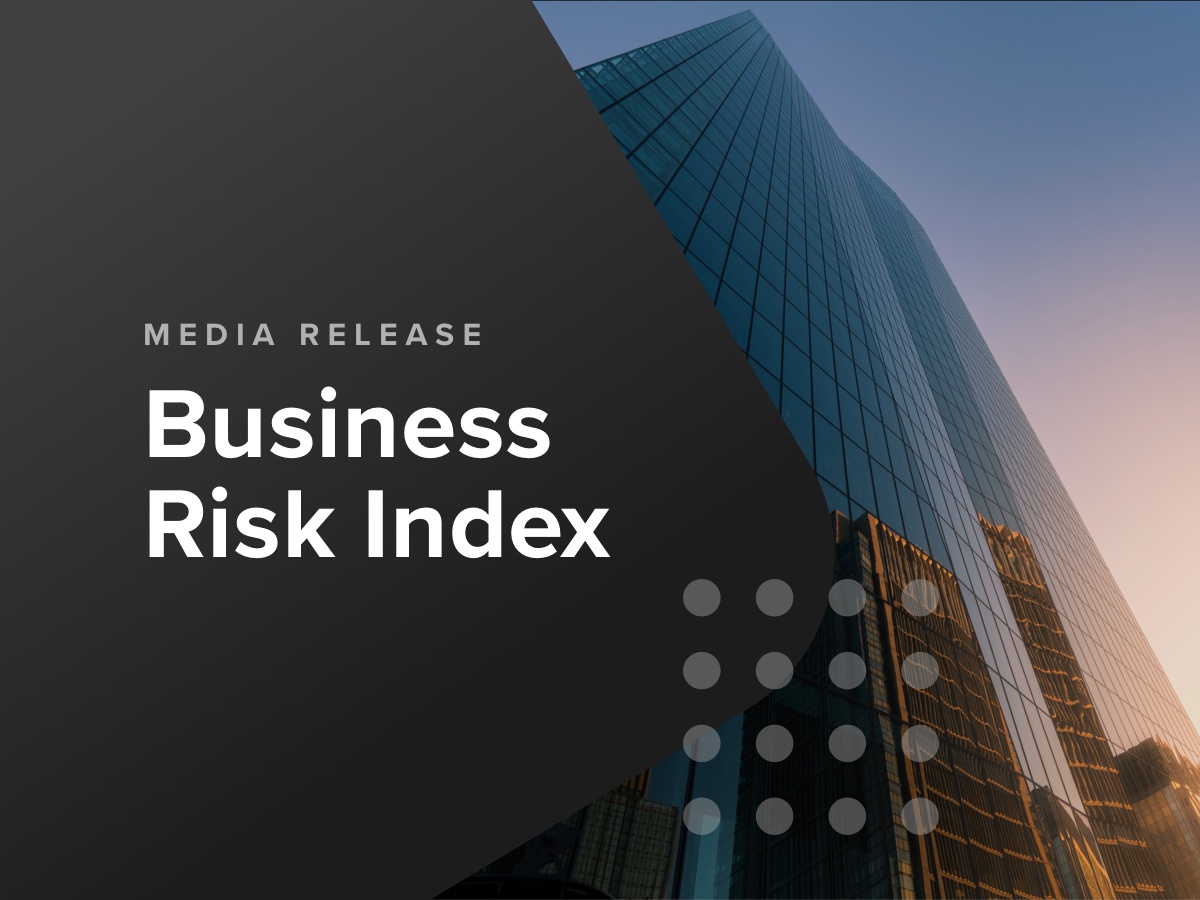
The September quarter Consumer Price Index (CPI) data shows that inflation continues to roar along, with prices growing by 7.3% over the year to September 2022 – the highest level in 32 years. Costs of constructing a new dwelling continue to be a key driver of inflation, with pricing increasing by a massive 20.7 per cent year on year, and by 3.7 per cent over the September quarter.
Price rises in constructing a new dwelling will have broad implications for the Australian economy, as new dwelling construction is such a large employer and contributor to our economy. Already, housing construction starts have started to slow, with new dwelling commencements down 28.9 per cent in the June quarter 2022 compared to a year prior.
The implications are that residential vacancy rates are going to stay tight for some time, as less new housing stock is added to the market over the latter half of 2023 and in to 2024. This flows on to continuing rising rents, another key inflation driver. Rents increased by 2.8 per cent across Australia over the year to September 2022, the highest rise since March 2014. For capital cities excluding Sydney and Melbourne, rents increased an extraordinary 5.6 per cent over the year to September.
In the Federal Government’s 2022-23 budget released yesterday, the Treasurer announced a $10 billion investment in to social and affordable housing, with the aim to build 30,000 dwellings over the next five years. These dwellings are sorely needed, but the program will likely keep the construction industry busy for some time, with continued pressure on costs.
Overall, it is non-discretionary inflation that will be the biggest headache for Australians, as these are goods people can’t do without, and inflation in this sector is rising much faster than inflation for discretionary goods, at 8.4 per cent versus 5.5 per cent year-on-year. Interest rate rises tend to hit the price of discretionary items first, as this is where consumers can change their spending habits. Unfortunately, interest rate rises have a smaller impact on the big problem area of non-discretionary inflation, meaning the RBA has a tough job on its hands as it fights inflation.
At CreditorWatch, we see the implications of strong price rises, particularly in the construction sector, through increases in B2B trade defaults, and also increases in the probability of default across the country. While B2B trade defaults were down on a monthly basis in September 2022, the trend shows increasing default activity, meaning more businesses are taking action against non-payment of invoices. The first sign of distress in the economy is cash flow problems for small businesses, and unfortunately our data is pointing to a slowly increasing issue here.

Get started with CreditorWatch today
Take your credit management to the next level with a 14-day free trial.

